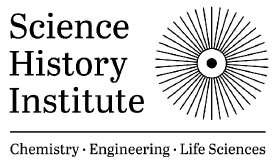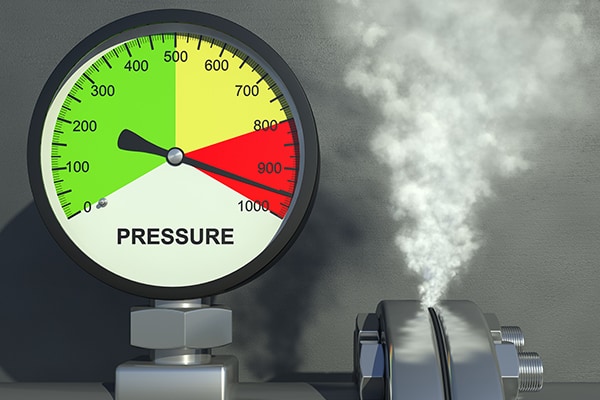It is becoming clear that water is becoming a more precious resource. A growing number of historical institutions, science centers, and interdisciplinary spaces are exploring the scientific, political, economic, and environmental dimensions of water and—perhaps most critical—longstanding inequitable access to clean water around the world.
Join speakers Jesse Smith of the Science History Institute and Jahnavi Phalkey of the Science Gallery Bengaluru as they share their experiences interpreting water for public audiences. Discover how to address the urgent contemporary challenges and identify new futures regarding H2O.
What You Will Learn
- The history of water quality analysis and the various scales of water protection that have emerged in the United States over the past 200 years
- The challenges, limitations, and opportunities of more ontological approaches to the interpretation of water for public audiences
- Why museums and galleries should interpret water not as a singular material that preexists its understanding by scientific or indigenous knowledge, but rather as a multiplicity made by and bound up in systems of bodies, practice, power, and places













